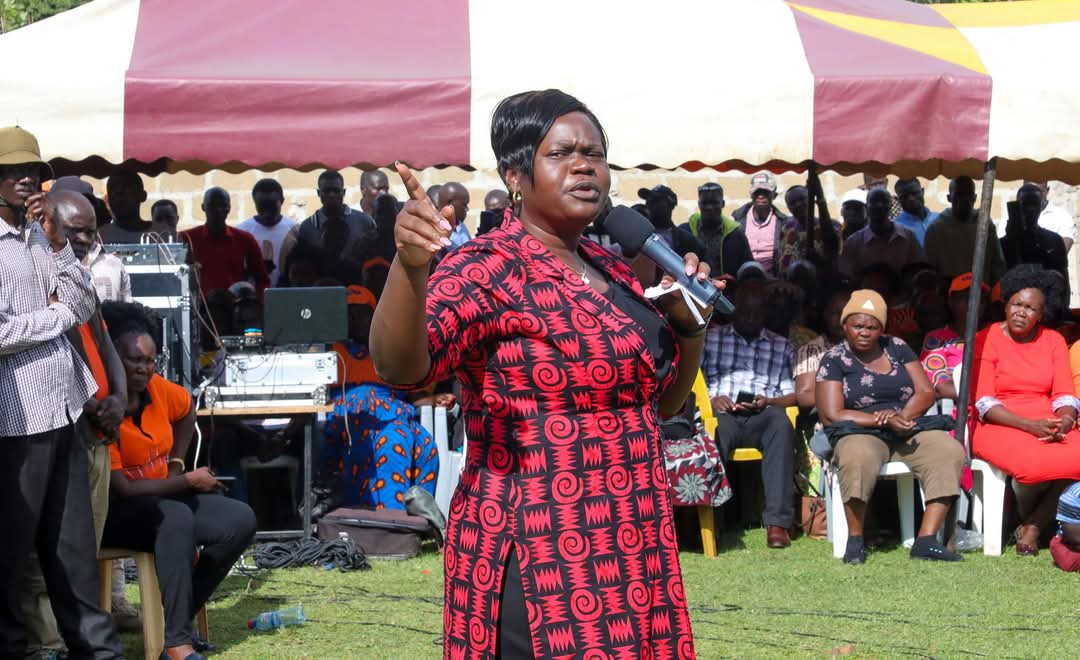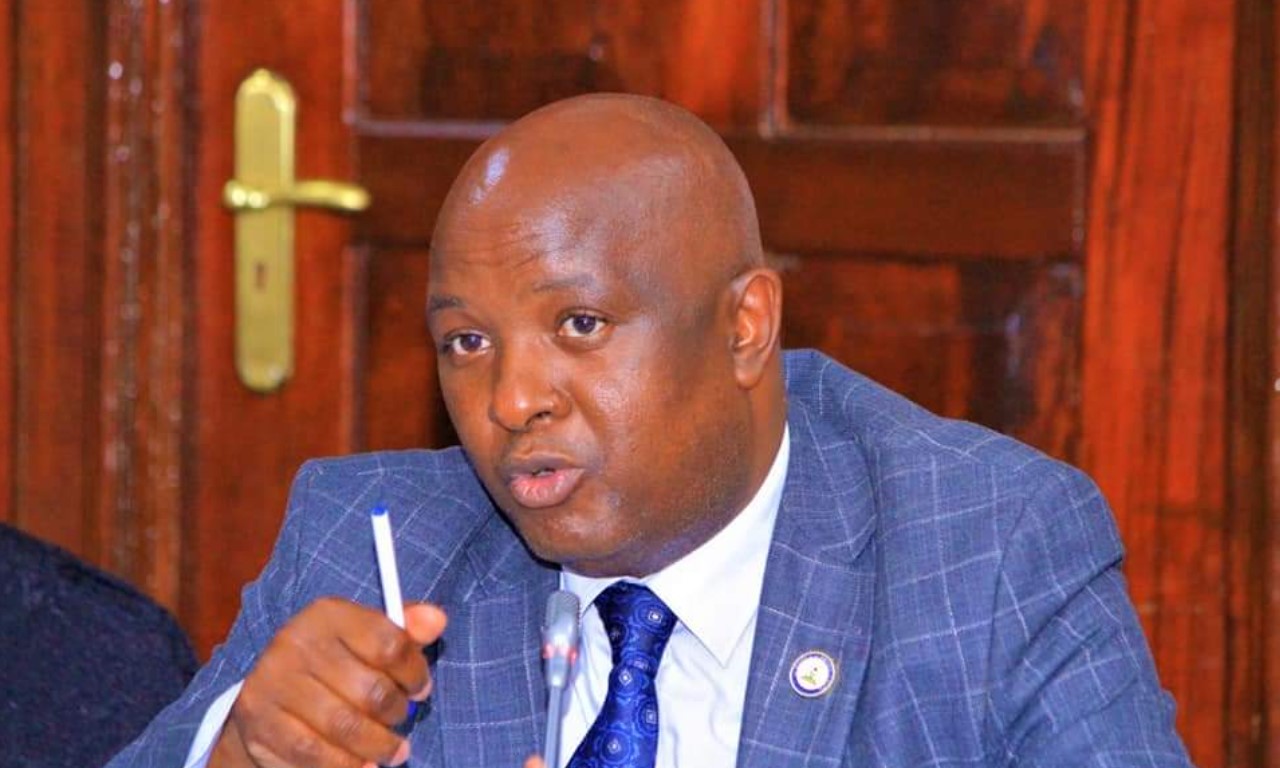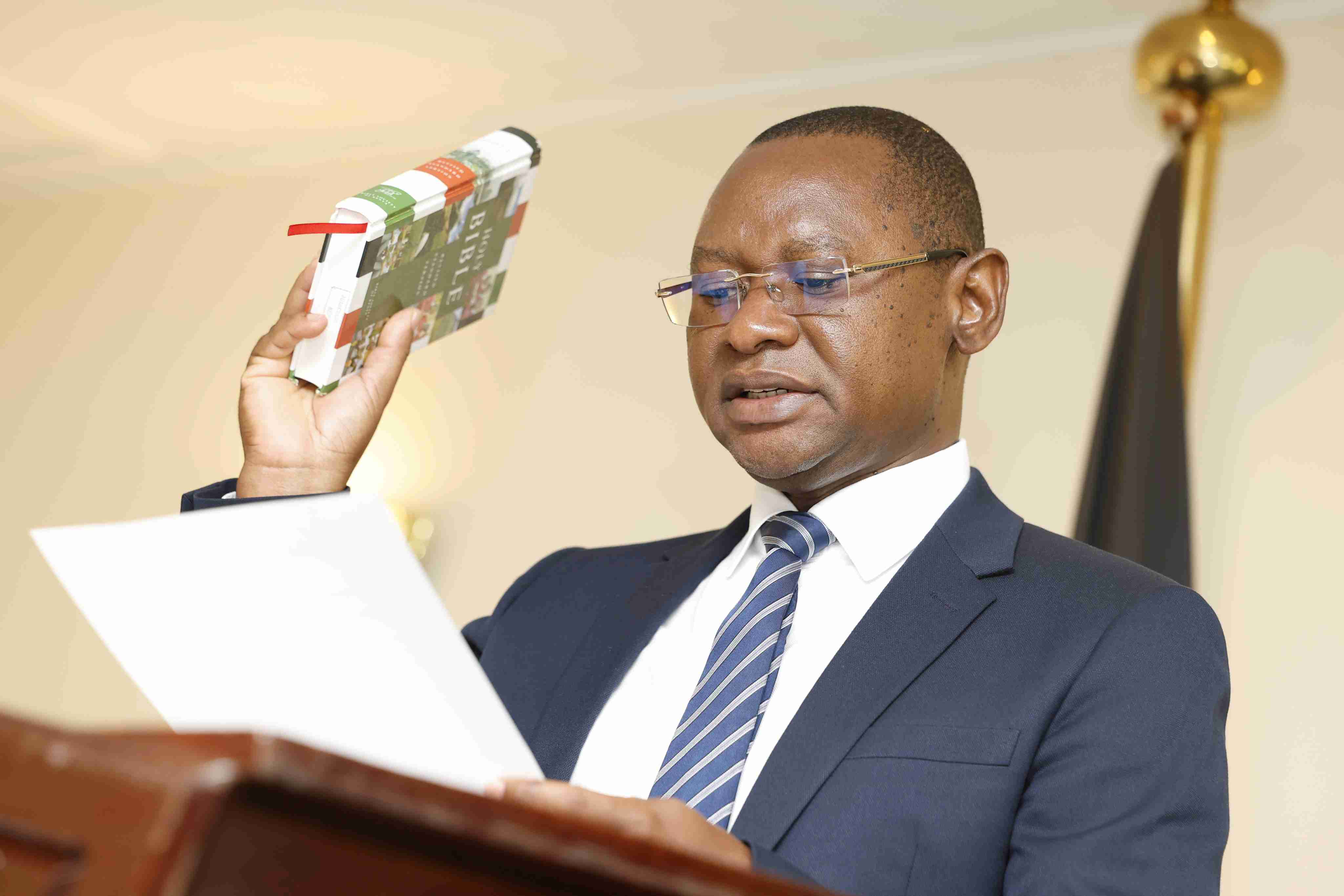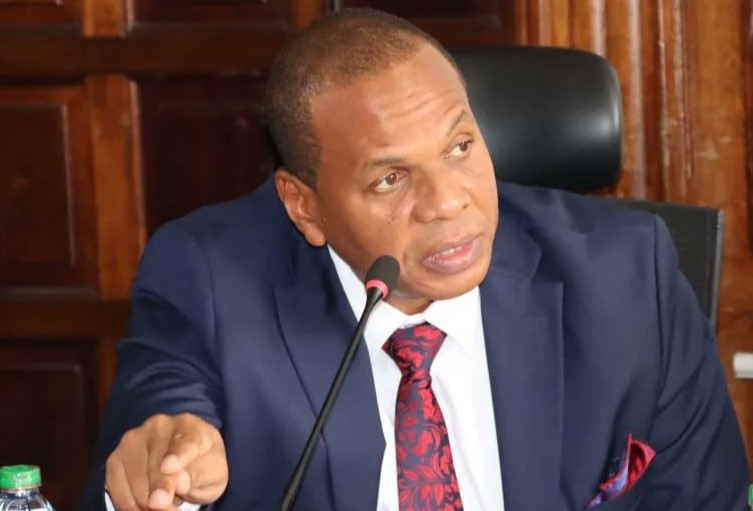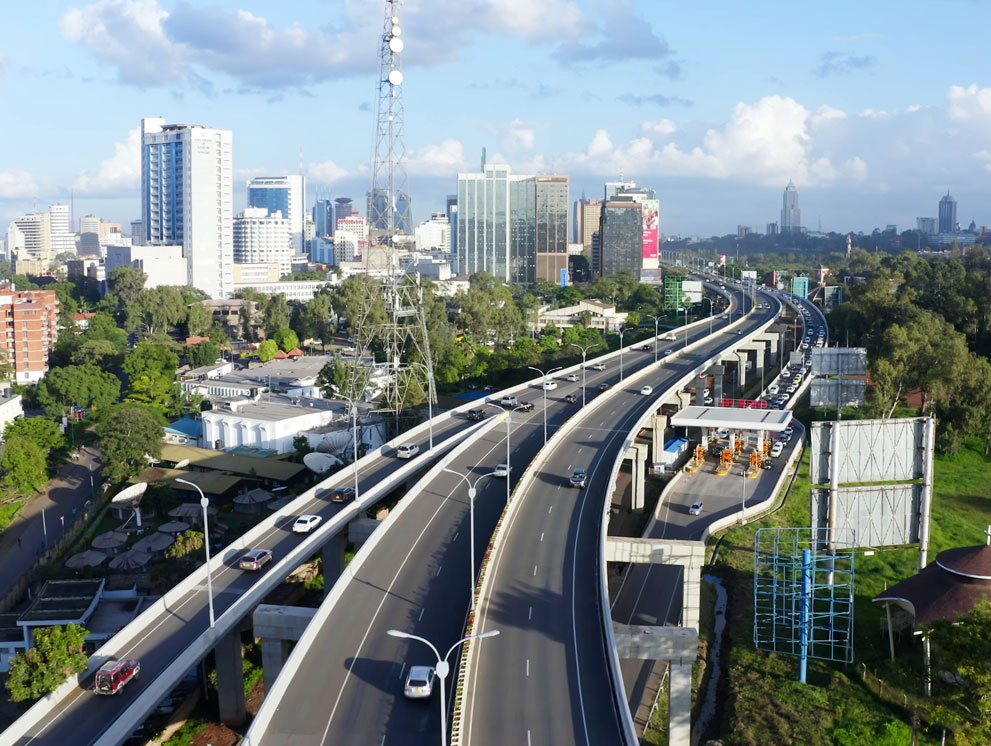Manyatta MP Mukunji, journalist, boda boda rider granted bail in Saba Saba terror probe case
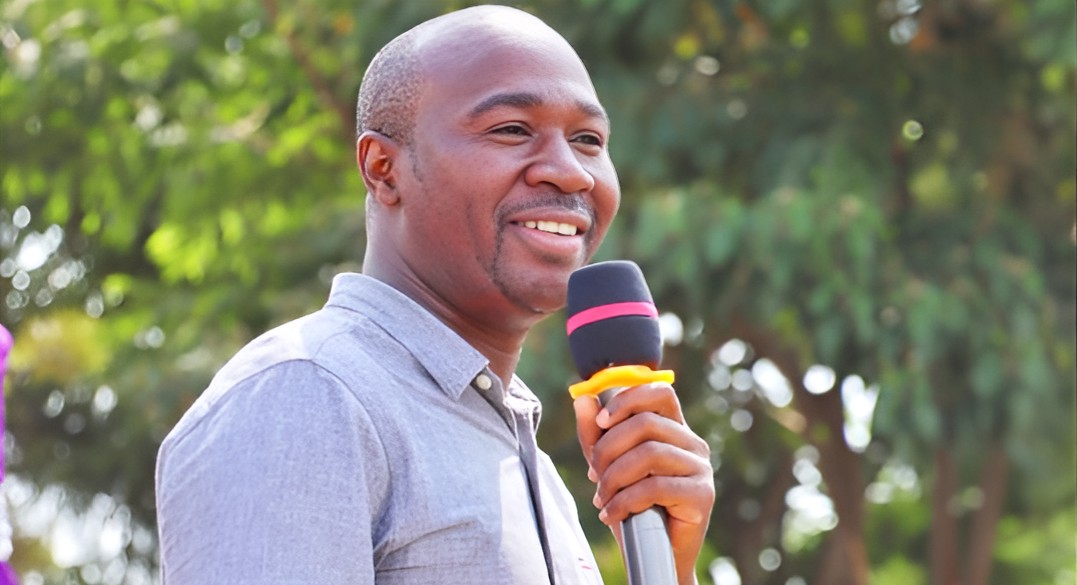
Defence lawyer Ndegwa Njiru criticised the case, accusing the state of misusing the judicial process for political purposes.
The Kahawa Law Court has released Manyatta MP Gitonga Mukunji on a cash bail of Sh300,000 or an alternative bond of Sh1 million with a surety, pending investigations into allegations of financing the Saba Saba protests on Monday.
Magistrate Richard Koech also granted bail to Inooro TV journalist James Mbochi and boda boda rider Stanley Mbuthia, who were arrested alongside Mukunji on similar terrorism-related accusations linked to the protests.
More To Read
- Relief for Saba Saba protesters as Makadara court slashes bail to Sh30,000
- DPP granted 30 days to review Mawego Police Station arson case files
- Treasury reports fastest tax growth in two years amid July protests
- Five Kenyans sue IG Douglas Kanja, top security chiefs over protest violence inaction
- Ruto announces 120-day compensation framework for protest victims
- Government sued for "systematic abuse of power" over terrorism charges against protesters
During the hearing, the defence sought to cross-examine the investigating officer on how the suspects were allegedly connected to the offences, sparking heated exchanges in court. The prosecution opposed the request and defended the legality of the arrests, arguing for 14 more days of detention to allow for further investigations.
Defence lawyer Ndegwa Njiru criticised the case, accusing the state of misusing the judicial process for political purposes. He questioned the decision to bring the matter before the Anti-Terrorism Court, noting that no specific charges had been filed.
"This case clearly indicates that they are yet to form an opinion as to the charges they were to prefer," said Njiru.
He noted that the investigating officer failed to explain under cross-examination what informed the decision to bring the suspects to court, adding that the move amounted to intimidation.
"If they have not yet formed the opinion of the specific offences to answer, why are we before you? Why are we before the Anti-Terror Court? If this does not amount to weaponisation, intimidation and harassment, then what is it?" asked Njiru.
The lawyer explained that the case fell short of the Office of the Director of Public Prosecutions (ODPP) constitutional mandate to prosecute in the public interest.
Top Stories Today
